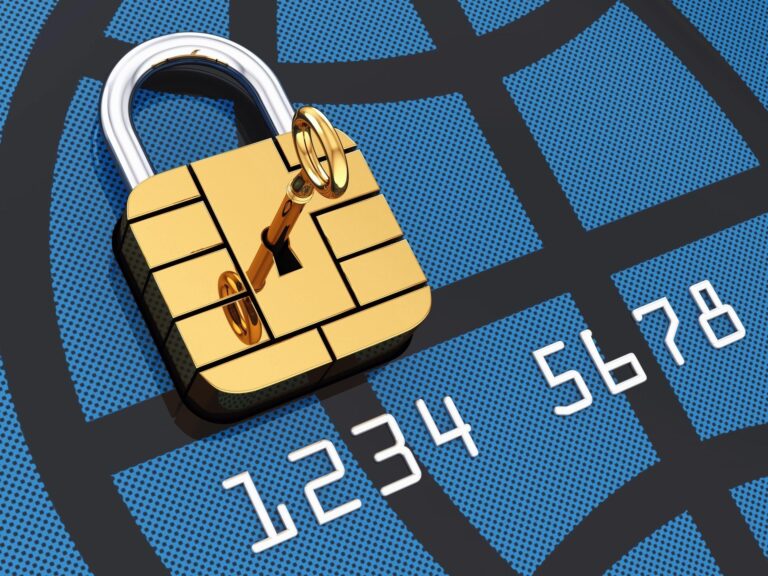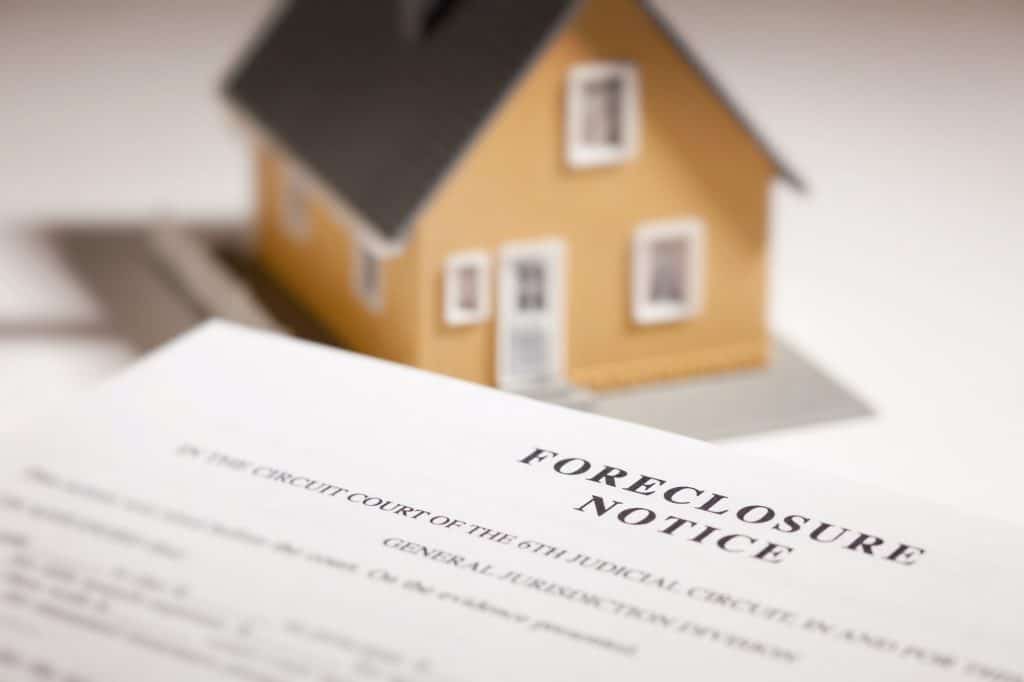There are many factors that affect your credit report. Mortgage payments affect your credit report more than any other item on your credit report, both good and bad. Which means if you have fallen behind on your mortgage payments, then catching up on your payments is the best thing you can do to improve your credit. On the other hand, falling further behind into foreclosure is one of the worst things that affects your credit score. But why is that? Before we answer that question, let us look at the different information that gets reported to your credit report and how those items affect your credit score.
INSTALLATION LOANS

These are loans that have a set number of payments. Examples are mortgages, car loans, boat loans, etc. They have a set number of payments and are typically secured against an asset, like a house or a car. For example, if your mortgage is a 30-year mortgage then you make 360 monthly installation payments. When you pay on time, this is reported positively to your credit report. If you fall behind, this is reported negatively to your credit report. Missed payments are not put on your credit report until you fall more than 30 days behind. Your credit report will show if your payment was made on time, more than 30 days late, more than 60 days late, or more than 90 days late.
The foreclosure process in Georgia is usually initiated once you are 6 months behind. For the 6 months that you are late, those missed payments drastically bring down your credit score. If your home does get foreclosed on, then that does stay on your credit report for 7 years and can prevent you from getting a mortgage while it is being reported on your credit report. Late payments are also reported for 7 years. Any installation loan that is secured against an asset, like a house or a car, will have the greatest effect positively and negatively for your credit score. The reason is, if someone is not making payments on their car, for example, they risk getting their car repossessed. Someone who is unable to make that payment is seen as a higher risk than someone who missed a credit card payment. When you miss a credit card payment, you do not risk losing anything tangible, like your car, you just get penalized with fees from your credit provider.
REVOLVING CREDIT

Another very important credit factor is revolving credit. Revolving credit does not have a set number of payments, usually there is a maximum credit limit and a minimum payment based on how much you have borrowed. Credit cards are the most common example of revolving credit. You have a maximum credit limit and a balance. Same as an installation loan, the lender reports to the credit bureaus if you are on time, more than 30 days late, more than 60 days late, or more than 90 days late with your payment. Missed payments stay on your credit report for 7 years.
Another factor that could affect your credit score is how much of your revolving credit is being used. For example, if you have 3 credit cards each with a $5,000 limit, but all three cards are maxed out, your credit score will be negatively impacted. On the other hand, if you have a $500 balance on each of those credit cards card and have a total available credit of $13,500, your credit score will be positively impacted because of the available credit. Revolving credit is usually unsecured, which means that it is not tied to an asset. An example of revolving credit that is tied an asset is a Home Equity Line of Credit, which is secured against your house. But most of the time, revolving credit will be in the form of a credit card.
JUDGMENTS
When you fail to make payments on things like credit cards, eventually the lender cuts off the credit card. Depending on how much you owe and how likely the lender thinks they can collect, they may hire a lawyer and take you to court to get a judgment put on your credit report. Most people do not fight the credit card companies and the judge issues a summary judgment putting the amount owed on your credit report. For example, if you fail to make payments on your $5,000 credit card, the lender may say that with legal fees, interest, and penalties, you owe them $7,000. That $7,000 will be put on your credit report as a judgment. Judgments stay on your credit report for 7 years.
FORECLOSURE

If your house does get foreclosed on, it goes on your credit report for 7 years. If you do fall behind, it is so important to communicate with your lender. If you are able to catch up, making the payments that you are behind will bring your credit score back up faster than just about anything else you can do. There are also options working with investors to keep the foreclosure off your credit report. While you may have to sell the house and move, in a short time your credit will be repaired, and you will have the credit to buy another house. This is better than waiting 7 years for the foreclosure to be removed from your credit report. Foreclosure affects your credit most the most negative of any item. Creditors view someone who is not able to make the payment for the place they live to be extremely high risk. Therefore, if you can avoid getting a foreclosure on your credit report it will greatly impact your ability to approve your credit score in the future. At least with a bankruptcy there are steps you can take to rebuild your credit. With a foreclosure, your options are going to be limited.
BANKRUPTCY

If your financial situation is too dire to work out of, bankruptcy is an option. There are two types of bankruptcy, Chapter 7 which is a liquidation and Chapter 13 which is a reorganization. Chapter 13 is much harder to qualify for and most people facing foreclosure opt for Chapter 7. Liquidation basically means you must sell all of your assets and the proceeds got to the court. The bankruptcy judge then decides which creditors get paid and what amount. People who file for Chapter 7 will still lose their house and keep the foreclosure off their credit report, but they now have a bankruptcy on their credit report which stays on there for 10 years. Again, investors can help keep foreclosure and bankruptcy off of your credit report. After a short amount of time, your credit will be repaired, and you’ll be able to buy a house again.
Just to reiterate, nothing affects your credit good and bad faster than mortgage history. When qualifying for a mortgage, one of the biggest factors that banks look at is mortgage history. If you are facing foreclosure, it is important to educate yourself to all of your options. Investors are an option, but it should also be an option once you have exhausted working with your bank to stay in your house. If that is not possible and you do not want a foreclosure on your credit report for 7 years or a bankruptcy on your credit for 10 years, then working with an investor is your best option.



